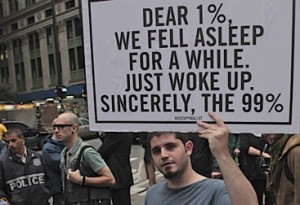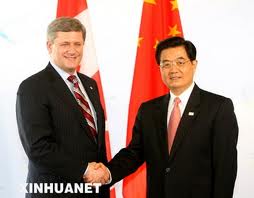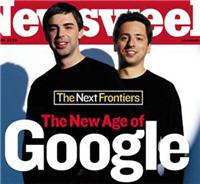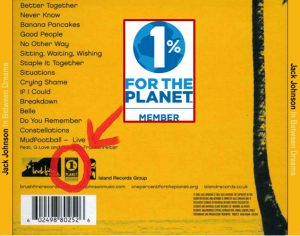An article was posted yesterday in the Financial Post discussing how social entrepreneurship is the answer to all the occupy Wall Street protester’s concerns. The protesters denounce big business and wonder at how the wealthy came to be so powerful. Social entrepreneurship takes big business and uses it for the common good. It actually takes the methods of the protester’s enemies, but uses those methods to solve the problems that big businesses have created. Social enterprise is pro-big business, however it uses social improvement as a driving force rather than money.
I think social entrepreneurship is the world’s future. According to the article, within the next ten years two thirds of today’s business owners will retire, opening up vast opportunities for the next generation. With the Middle East revolution and great recession, the past couple years has seen a great amount of chaos and disorder. This is the time for everyone to break the social order and make clear the people’s unhappiness, but not long from now will be a time when all those issues must be solved. Social entrepreneurship is where the real change will come and it is my generation that will be doing business with the world’s welfare constantly in mind.








